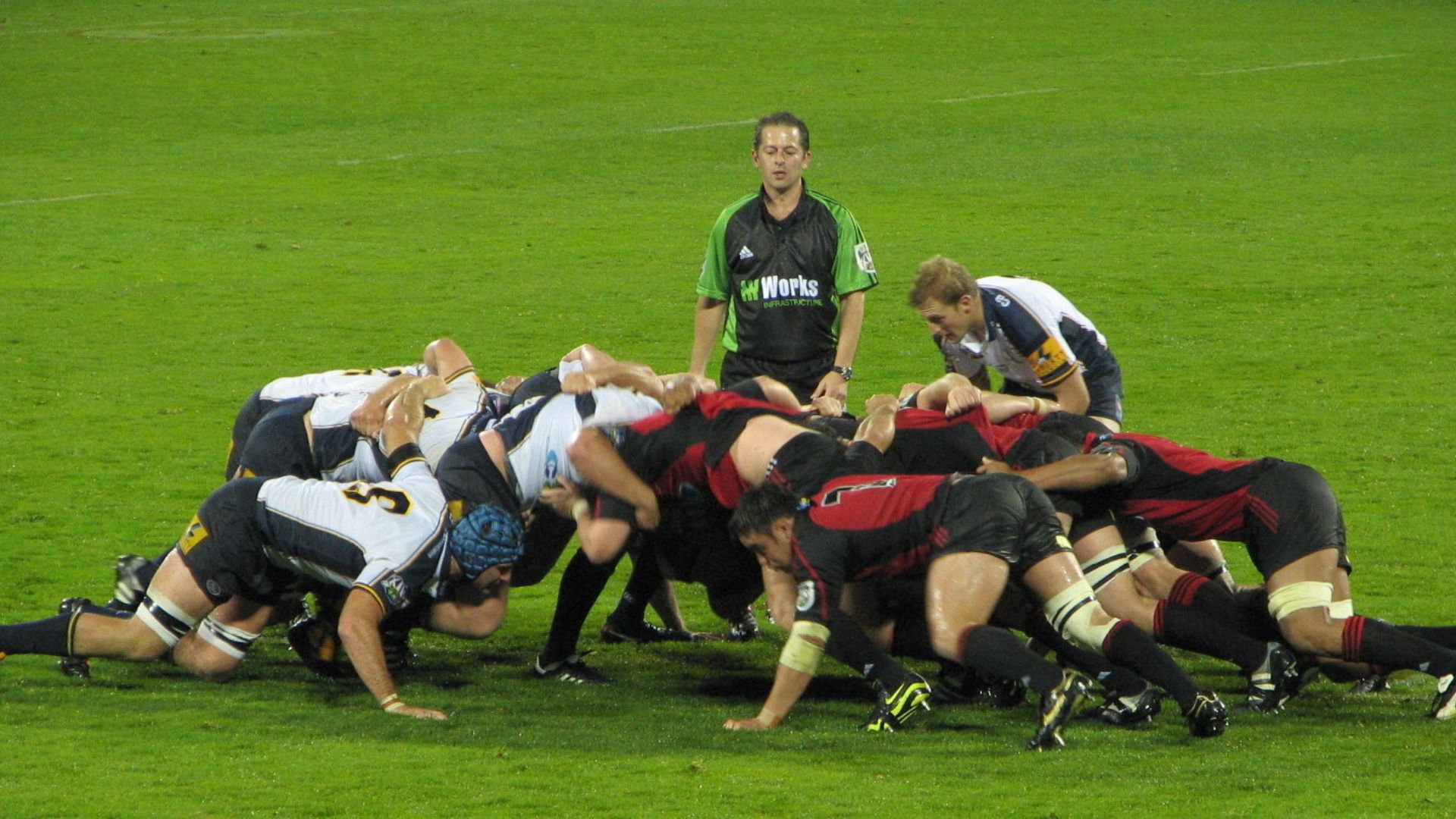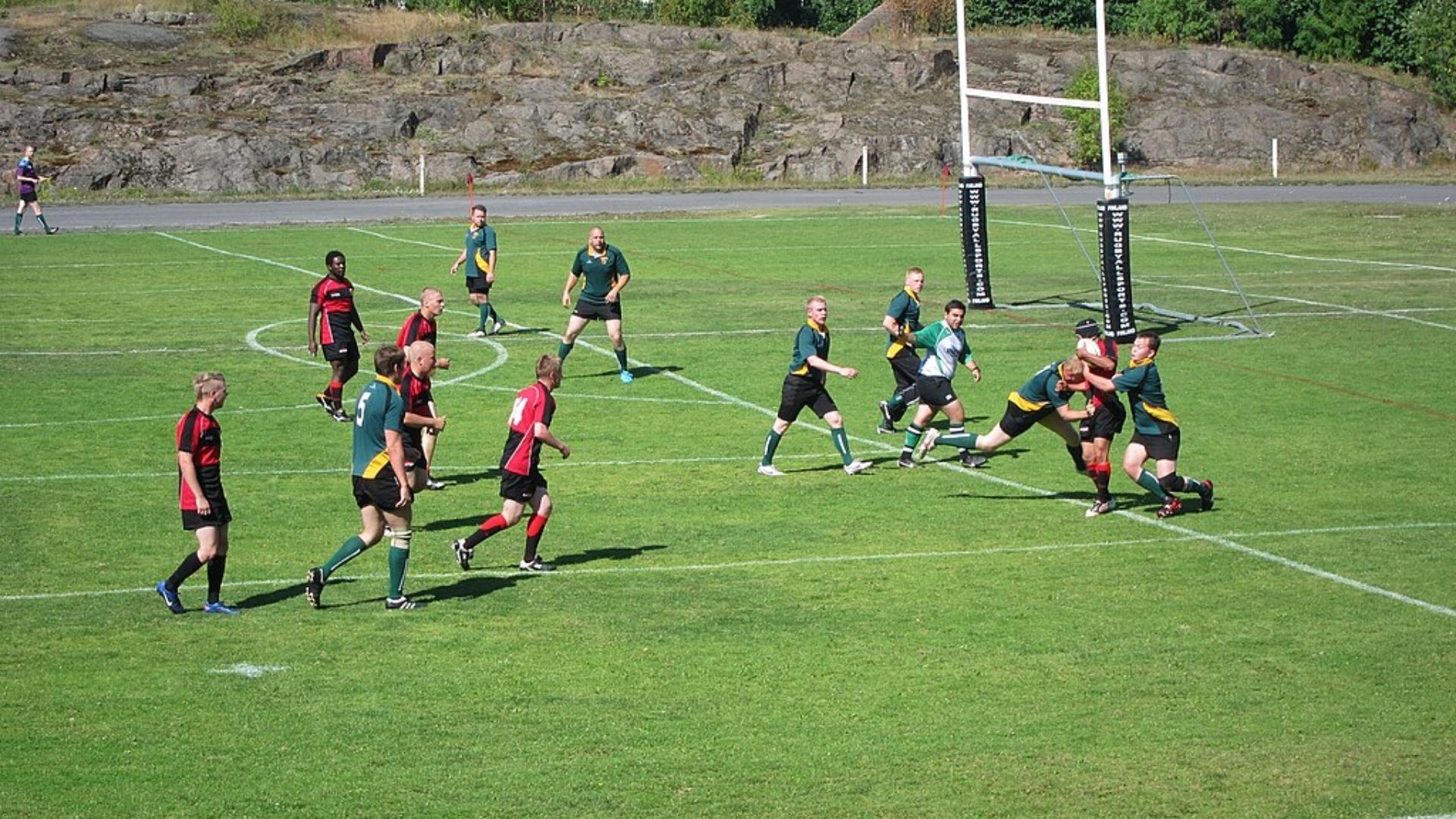Have you ever wondered when was rugby invented?
Let’s check the fascinating history of this exciting sport.
Rugby’s birthplace is the amusing English town of Rugby, Warwickshire.
William Webb Ellis’s Legend

I’m assuming you are aware of William Webb Ellis‘s stories and tales.
Legend has it that in 1823, this Rugby School prodigy decided to run with the ball during a football game.
What a change in perspective!
The worst part is that not everyone finds this story convincing.
Some people believe it’s simply a myth made up to give the sport a cool backstory.
Rugby School: The Birthplace of the Game
Whether Ellis was the real deal or not, Rugby School played a massive role in shaping the sport.
Thomas Arnold, the school’s headmaster, was big on using sports to build character.
His influence helped rugby grow from a schoolyard game to something much bigger.
Spreading the Rugby Love
Rugby was never exclusive to its namesake university.
Once word got out about this thrilling new game, other colleges and universities wanted to get in on the fun.
The Rugby Football Union (RFU) was established in 1871 with the goal of maintaining the rules and regulations of the game.
A Story of Two Rugby Players
Here’s where things get really interesting:
Rugby split into two codes:
Why? Well, it all came down to money and class differences.
Rugby Union stuck to amateur status, while Rugby League allowed players to get paid.
Going Global

Rugby didn’t stay put in England.
It hopped across oceans and caught on in places like New Zealand, where Charles Monro introduced it in 1870.
Before long, international competitions were popping up left and right.
Modern Rugby: A World Cup Wonder
Rugby is now more popular than it was in the past years.
The Rugby World Cup draws millions of spectators, fans and aspiring players every four years.
Not to mention that the Rugby Championship, and the Six Nations Championship are events that every rugby fan or critic shouldn’t miss.
Since its founded in Rugby, England, rugby has grown significantly, and today there are more than 10.5 million registered players globally.
The Evolution of Rugby Rules
Rugby’s rules didn’t just appear overnight. They evolved over time, often through trial and error.
In the early days at Rugby School, the game was pretty chaotic. Each school followed a different set of rules.
Rugby School did not finally record its first set of rules until 1845. An important step toward standardizing the game was this.
The Role of Albert Pell
Ever heard of Albert Pell? Though he wasn’t as well-known in rugby history, he was quite important.
Pell developed the first formal rugby regulations at Cambridge University in 1839.
This helped spread the game beyond Rugby School and laid the groundwork for future rule developments.
